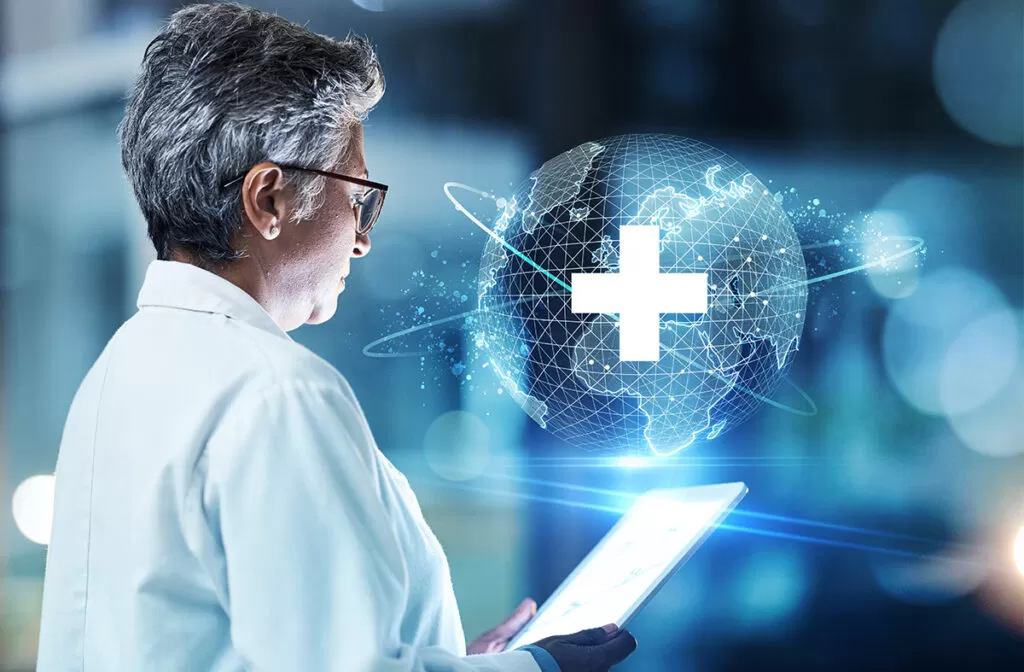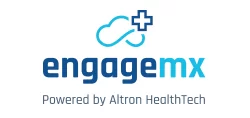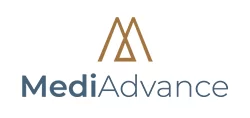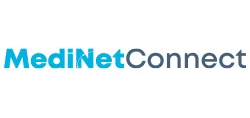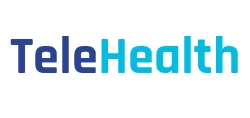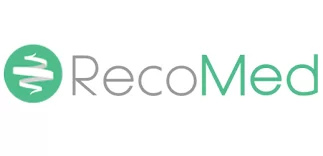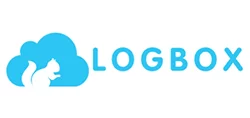Post Covid, the workplace can be a fraught environment, especially when it comes to the mental health and wellness of employees. This is why many companies are turning to employee assistance programmes, or EAPS, for help. But what is an EAP? And how does it address the specific challenges facing employees in a post-Covid work environment?
What We Will Cover
It’s no secret that the pandemic put a strain on workplace dynamics, in more ways than one. Four years down the line, the impact of Covid-19 on organisations and the individuals working for them has had a ripple effect, exacerbating stress and anxiety, resulting in widespread burnout (and a 25% increase in anxiety and depressive disorders).
With almost no warning, the pandemic forced workplaces to operate remotely while facing severe financial constraints and crumbling mental health among employees. Suddenly, individuals had to fulfil their work duties from home without the socialisation or teamwork inherent in a collaborative workplace environment. Companies everywhere had to tighten their belts amid severe headwinds, and employees had to do more with fewer resources.
“Because of the pandemic, we all had to start working from home which, for many, was difficult to adapt to. Things became overwhelming on the family-front, and this also exacerbated domestic and gender-based violence worldwide. And, in terms of the economy, thousands of companies had to shut their doors, reduce salaries, or undergo a Section 189 process,” says Rodney Premlall, Corporate Sales Manager at Altron HealthTech.
This year, the act of ‘quiet quitting’ (i.e. doing the minimum requirements of your job without any extra time, effort or enthusiasm) became a trend, with the disconnect between employer and employee becoming increasingly pronounced. As a result, companies are experiencing:
- A drop in productivity,
- Widespread absenteeism, and
- More pronounced presenteeism, which is when employees fail to function at capacity, despite being present at work.
And while companies face heightened financial pressure due to an increase in healthcare claims and employee downtime (especially in labour-intensive industries), it’s obvious that job satisfaction is bottoming out, impacting on employee happiness and company reputation.
Premlall highlights that both individuals and the companies they work for are still recovering from the economic impact of Covid, adding that companies face the additional burden of realising that their employees are suffering on multiple levels. This is where a comprehensive Employee Assistance Programme (EAP) can help.

What is an EAP?
Designed to give employees the individualised help they need to thrive in the workplace and at home, EAPs can improve the general wellbeing of your organisation by offering individuals legal, financial and psychosocial support tailored to meet their specific needs. This makes a difference not only to an individual and their family, but also to your business, and to your bottom line.
“Even though companies largely focus on employees’ physical capability, or their ability to fulfil their work duties, the many facets of human beings are intertwined. Everyone shows up to work as a person with varying degrees of physical capability, mental aptitude and emotional wellbeing, and the rollout of an EAP is a company’s way of showing that they understand this,” says Premlall.
However, help is not always easily accessible, affordable, or equitable, which is something that Altron HealthTech aims to change.
Adapting to a digital workplace
Traditionally, EAP solutions have been phone-based and largely analogue. A caller waits on the line until someone answers. They go through a delayed screening process that helps to pinpoint the problem. From there, there’s a referral process, and employees using the service need to wait before receiving any help.
However, the modern-day workplace is digital. And, in an age of instant gratification and heightened demands on pressure-filled-employees, immediate assistance has become a necessity.
“If you look at digital transformation, and the new ways that the world is working, you’ll see that employees today are connecting and engaging differently than they did before. Historically, the approach to EAPs was very generic, where it should have been more personalised, because every employee should be seen as an individual. That is what holistic healthcare is all about,” says Premlall.
“Individuals and the companies they work for are still recovering from the economic impact of Covid, and companies face the additional burden of realising that their employees are suffering on multiple levels. This is where a comprehensive Employee Assistance Programme (EAP) can help.”
Guided by this philosophy, Altron HealthTech and technology partner Company Wellness Solutions developed an app-based intuitive digital platform that takes the individual into consideration.
“Our solution caters for modern methods of engagement. Employees can engage instantly with a healthcare practitioner who will assist them immediately. The app also offers users a choice of doctor speciality, gender preference and language, among other options tailored to individual choice,” says Premlall.
The platform is supported by a network of over 4000 practitioners who are committed to helping subscribers. It includes a biography of all healthcare practitioners, giving the user options for who they want to engage with when they feel most vulnerable.
Moreover, the platform collates data at an organisational level, providing HR managers with monthly reports about patterns and trends within the organisation, offering guidance for more tailored intervention programmes. “Generic wellness days don’t guarantee that you’re addressing the actual issues prevalent among your staff. But, with more detailed and comprehensive reports, you can narrow your interventions down to exactly what you need to address, which is so much more effective than an overarching wellness day. These reports are incredibly insightful at an organisational level,” says Premlall.

Not just another EAP
Altron HealthTech’s EAP is all about individualised care, which includes personal preference and doctor-patient confidentiality. Ethically, and in accordance with POPIA, every employee’s health information remains private.
“There’s always going to be a stigma attached to mental healthcare, with privacy being a factor. Understandably, some employees might not want their managers or colleagues to know about their mental health struggles, for fear that they’ll see them in a certain light. We know it’s not problematic to see a psychologist, but that doesn’t stop the stigma.”
Not only does Altron HealthTech’s application ensure that user details remain private, it also gives employees the option of choosing how they want to meet the healthcare professional they are consulting with.
“Users engage with professionals via the app, primarily. But if your employees need face-to-face counselling, that’s included in the service, and it’s unlimited,” says Premlall.
He adds that accessibility is as important in an EAP as individualised care, which is why each individual subscribers can add up to eight dependents to the service at no additional cost.
“We must never forget that each employee is an individual belonging firstly to a family, and then to an employer. That means, whatever happens at home or at work determines the wellbeing of the person. It’s pointless offering an employee the service while issues at home persist,” he says.
Again, employees have a choice: They can extend the application service to a family member, a friend, or to another beneficiary in the employee’s community. With this feature, Altron HealthTech aims to make wellness as far-reaching and accessible as possible, which is why they’ve dubbed it, ‘One to the Power of 8’.
“In alignment with Altron HealthTech’s ethos of transforming healthcare through technology, we wanted to extend the impact of wellness benefits for a greater societal impact. It’s all about improving overall population wellness,” says Premlall.
“Everyone shows up to work as a person with varying degrees of physical capability, mental aptitude and emotional wellbeing, and the rollout of an EAP is a company’s way of showing that they understand this.”
Wellness in Your Pocket
In addition to connecting a web of users with unlimited mental health support services, Altron HealthTech’s wellness solution offers a range of alternative services, like fitness and nutrition advice, as well as legal and financial assistance.
Moreover, the application becomes personalised ‘wellness in your pocket’. With built-in AI and machine-learning capabilities, it becomes acquainted with user behaviour and personal preferences, using that to curate individualised content (like podcasts, articles and videos) that individual employees might be interested in.
“This app is not only about offering employees the opportunity to engage with healthcare professionals when they need help, it’s also about providing informative and relevant content that’s there when users need it. Our goal is to help keep employees mentally and physically fit and healthy, depending on their individual goals,” says Premlall.
And although the EAP is largely a digital platform, Altron HealthTech is aware that not everyone has access to a smart device. This is why the EAP is also accessible via a toll-free USSD line, and via a web address for anyone with Internet access (with a laptop or a PC).
“Usually, it’s only a fortunate few who have unlimited access to these types of holistic services. But think about those that aren’t fortunate enough to have access to comprehensive healthcare services,” says Premlall.
“We must never forget that each employee is an individual belonging firstly to a family, and then to an employer.”
“A typical consultation with a psychologist can cost anything from R500 to R1500, or more, per consultation. But how many people in South Africa can actually afford that? This is why we wanted to make sure that the support we offer is accessible, equitable, and affordable. And now, with our EAP, for less than the cost of a cup of coffee a month, individual employees, and up to eight of their dependents, have unlimited access to the help they need.”





